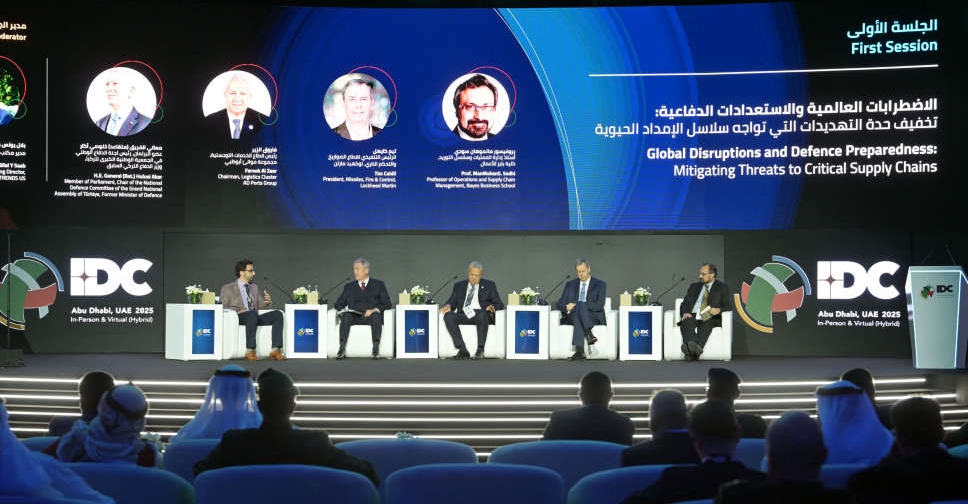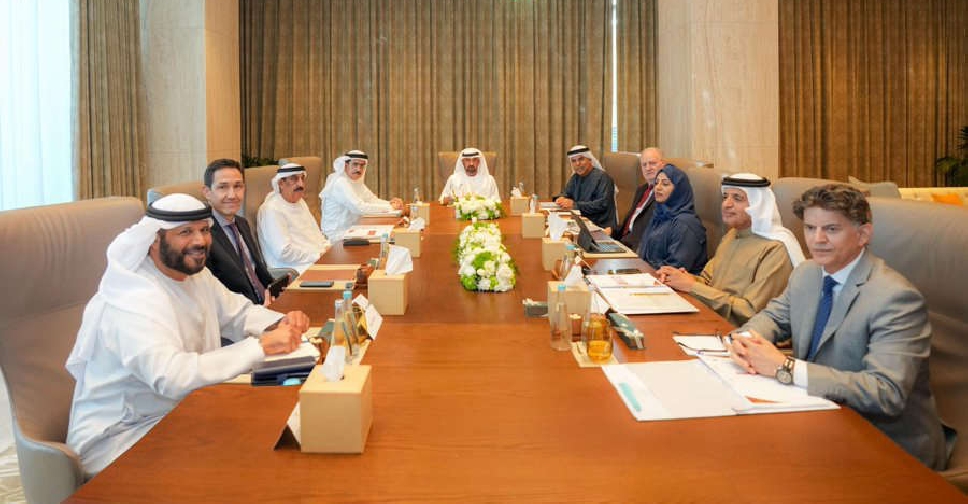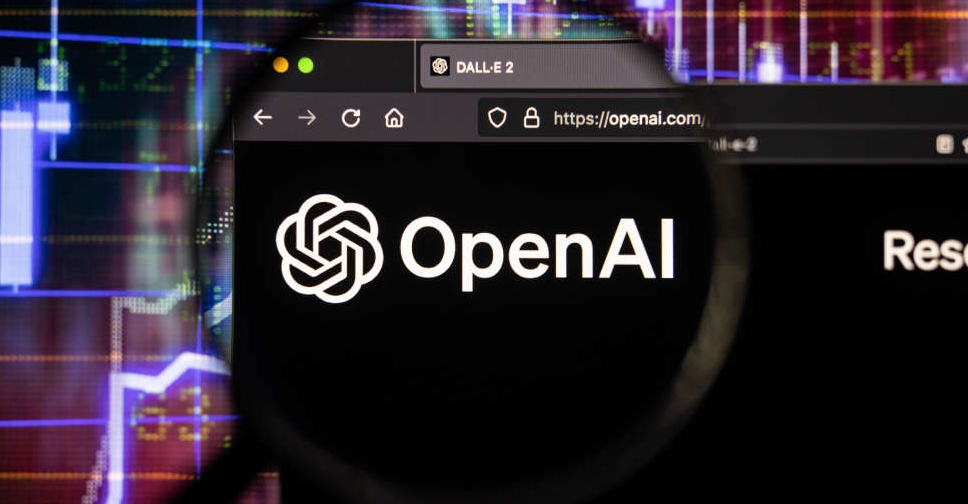
The U.S. government said it no longer needs Apple Inc.’s assistance to get into an iPhone used by a New York drug dealer, ending a second courtroom battle over whether the company can be forced to help unlock its devices. The Justice Department’s action follows its decision in March ending efforts to compel Apple to help unlock an iPhone used by Syed Farook, the gunman who, along with his wife, killed 14 people in a December terrorist attack in San Bernardino, California. The New York case is the second time the government found another way to get into a phone, after saying it had exhausted all other options before asking Apple to unlock it. As such, it’s a loss for authorities seeking access to phones in hundreds of crimes, said Kevin Bankston, director of New America Foundation’s Open Technology Institute in Washington. “It lets the air out of the tires of the law enforcement’s overall argument that iPhone encryption is a huge burden,” Bankston said in an interview. “Being able to demonstrate that they have exhausted all other options before trying to compel Apple is part of what they need to prove in order to get an order against Apple.” Dangerous Predecent Professional associations of law enforcement officers, siding with the government in the Brooklyn case, said Apple’s approach is dangerous and it were to prevail would set a dangerous precedent. “The public at large may think twice about cooperating with law enforcement when called upon to do so, invalidating centuries of well-settled law and common practice,” groups said in a filing before Justice Department dropped its bid. “Apple’s refusal to provide assistance, if validated by this Court, will have far-reaching public safety ramifications by giving criminals a safe haven to conduct their unlawful activities.” The drug dealer’s device was one of thousands of iPhones that police around the country have said they can’t break into to help solve a variety of crimes. It’s been at the center of a legal fight over privacy and security that may redefine the relationship between police and the public. Apple received more than 5,000 requests from the government in the first six months of 2015, the most recent figures made public by the company. Four-Sentence Letter In the Brooklyn case, the government said late Friday in a four-sentence letter to the judge that it had obtained a password and unlocked the iPhone by hand. Because it no longer needs Apple’s assistance, the government said it was withdrawing its request for a court order. “These cases have never been about setting a court precedent,” Emily Pierce, a Justice Department spokeswoman, said in a statement. “In this case, an individual provided the department with the passcode to the locked phone at issue.” The investigation is continuing, and the person who provided the code won’t be publicly identified, Pierce said. Friday’s development was a surprise given that prosecutors had been pressing their demand for Apple’s help since at least October. They said earlier this month they would continue to move forward with their appeal after a magistrate judge sided with Apple. Fred Sainz, an Apple spokesman, declined to comment on the government dropping its appeal. ‘Whimper’ Ending By ending the case, the government leaves in place a 50-page ruling by the magistrate judge supporting Apple’s view in the encryption dispute. Although that decision isn’t a precedent that judges must follow, it helped win public support for Apple and may influence future court battles. Like the California case, the New York fight is ending “not with a bang, but with a whimper,” said Riana Pfefferkorn, a cryptography fellow at the Stanford Center for Internet and Society. “The government has repeatedly insisted that Apple’s help is utterly necessary in multiple matters involving access to locked iPhones,” Pfefferkorn said. “Going forward, courts should refuse to keep rubber-stamping government efforts to dragoon third parties into doing law enforcement’s job for it.” New Battle Brews In what could be the next brewing court battle, Apple has objected to a warrant recently unsealed in Massachusetts federal court for a phone belonging to an alleged gangster, according to a lawyer for the defendant. The order was made public this month in response to efforts by the American Civil Liberties Union of Massachusetts. The group is trying to expose a process of issuing warrants for private data that has largely gone on in secret. In each case, Apple has rebuffed prosecutors, who then have turned to judges to make the company help them bypass encryption built into the phones. As the cases move through the courts, technology companies have rallied to one side and law enforcement the other. Congress has struggled to craft a law to bridge the divide. A House panel on April 18 heard from police officials who said the use of strong encryption is blocking them from fully investigating murders, drug cases and sex crimes against children. Brooklyn Warrant Since the Brooklyn warant request came to light in October, the U.S. has made at least 10 other demands for Apple’s help to obtain data on locked devices. The California phone had more sophisticated encryption than the one used in Brooklyn. The U.S. dropped that case after hackers helped unlock that device. The central legal question in the cases has been whether Apple must obey U.S. requests made under the All Writs Act, a 1789 statute that requires compliance with certain warrants if it doesn’t create an undue burden. Apple says the law can’t be used to compel it to crack its own security features, and that only Congress can empower judges to order companies to do so. Prosecutors said that at least for some devices, those with older operating systems, such as the drug dealer’s phone, Apple helped dozens of times and only recently changed its position as a public relations move. They say the All Writs Act gives judges the authority to tell companies how to help prosecutors. This week, local law enforcement and crime victims groups held an event in New York to highlight their growing concerns about encryption and how it could potentially hinder investigations. ‘Evidence-Free Zones’ “Congress should not permit companies to manufacture devices that are impenetrable to judicial search warrants,” Manhattan District Attorney Cyrus R. Vance Jr. said. “It should not permit companies to provide criminals with unprecedented, evidence-free zones. Crime victims are entitled to stronger protections than criminals.” Some in Congress are seeking to shore up the law for prosecutors. U.S. senators last week released draft legislation that would give courts more power to force companies to let investigators access secure information. The proposal has been denounced by civil libertarians as a ban on encryption, which they argue is needed to protect data from the growing threat of hackers. According to Vance, the Manhattan district attorney’s office has 230 Apple devices running iOS 8 or higher that it seized with search warrants but can’t access. Law enforcement had 552 such devices in Los Angeles, Sacramento and San Bernardino, 145 in Houston and Austin and 137 in Boston, he said. The case is U.S. v. Yang, 1:14-cr-00387, U.S. District Court, Eastern District of New York (Brooklyn). (By Christie Smythe/Bloomberg)



 IDC 2025 discusses global disruptions, defence preparedness
IDC 2025 discusses global disruptions, defence preparedness
 Dubai Energy Council reviews carbon emissions progress
Dubai Energy Council reviews carbon emissions progress
 OpenAI board rejects Musk's $97.4 billion offer
OpenAI board rejects Musk's $97.4 billion offer
 AD Ports Group reports net profit of AED 1.78 bln
AD Ports Group reports net profit of AED 1.78 bln


